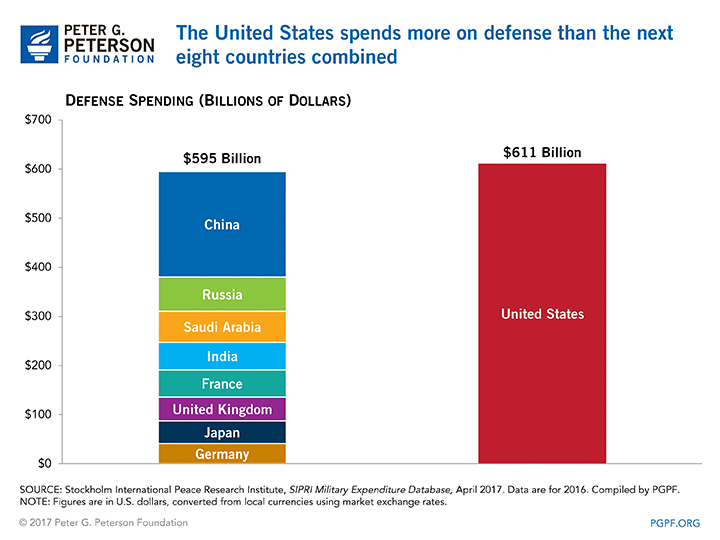(#25 of 25 – 2017)
A hermit is a person who withdraws from the world, often for religious reasons. I’ve considered the life of a hermit as something that I would perhaps be suited for. Frankly, TV and books that romanticized hermitage were primarily to blame, but something about the simplicity of it all spoke to me. No messy interactions with people who are predictable only in their unpredictability, no unexpected phone calls with bad news. No reason to depend on anyone but yourself.
I’ve dabbled with hermitage. Most of the 18 months I spent in my first apartment were spent alone. From the moment I left work until the moment I returned the next day, the majority of my days were spent by myself, interacting with only me and the world I could touch through the internet. At first I enjoyed the solitude, but as the months wore on, I found that there was certainly something missing in my life. Obviously this was not a full hermitage, as I worked regularly during that time, often times spending the day interacting specifically with other people as part of my employment. At the end of the day, I found that I did not have the peace I thought I would find in being alone.
Things have changed quite a lot since I first moved out in mid 2015. It is now the beginning of 2018, and I have proposed to my fiancé, and we have begun to plan a life together. At a certain level, I will never be alone again for very long. My future wife is depending on me to be present in our marriage, just as I am depending on her being present. We are making a commitment to each other to stay together and never seek to be apart emotionally (even if work or other realities take us apart physically for a time). I am forsaking the call of the hermit.
Or am I?
Unfortunately, for me it is easy to seek to withdraw from chaos around me. I hear news about world leaders calling countries I know and love ‘shitholes’, and sending back 200,000 people who have made their home here in the United States and I just want to run away from it. I fear the harsh words that could be said to me if I stand up against those actions, if I put my foot down to say “This is wrong.” I have found that conflict is more easily avoided than resolved, so when the conflict doesn’t directly involve me, it is easy to exempt myself from confronting it. I seek the seeming solitude of distraction. I peruse websites and read comic strips by the hour. I find myself seeking escape from the harsh realities around me.
I’ve found that my life is more full, now. My relationship with Samantha has broadened it and deepened it significantly. I still have rough days where I want to just hide in bed and never come out, but now I know that Sam is depending on me (at least in some sense, she is capable of being a very independent young lady) to wake up and engage with her. Yes, there is sometimes a cost to these interactions. Sometimes I have to delay something I was focused on doing, so that we can be more together when she has time available, but the rewards found in the relationship have been more than worth the costs.
Sometimes I have to give up just a bit of my personal peace, in order to find relational peace.
When I began dating my future wife, I forsook the call of the hermit in my personal life. It is tremendously important that I don’t withdraw into myself, that I don’t shut her out.
For a long time, my attention has been drawn to the lack of peace in the world, and sometimes it is so easy to close my eyes and pretend that everything is okay. I don’t want to give up my personal peace to make a difference in the world around me. I am too often unwillingly to sacrifice the peace I have to pursue peace for the world at large. I’ve become a hermit, withdrawing from the world because it is easier to keep my personal slice of peace than to share it with those in need around me. I’ve been following the way of the hermit, and I’m afraid that one day I will regret it tremendously. One day the consequences for the world we be so high that I am directly affected, regardless of my desire to remain aloof.
I must confront this desire towards hermitage in my life, and do the work that the world needs me to do.
I must choose Peace instead of peace.

